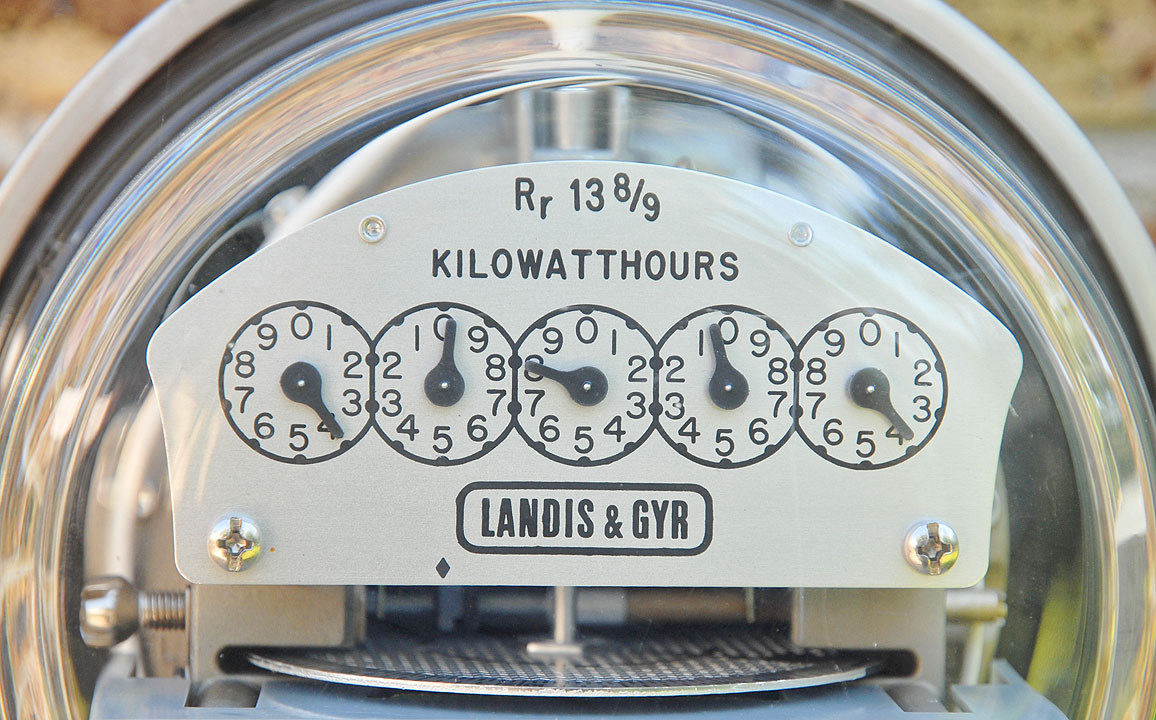Energy-efficiency projects eligible for more incentives
By Justine Irish D. Tabile – October 19, 2023 | 8:58 pm
from Business World

ROBERT LINDER-UNSPLASH
THE Board of Investments (BoI) has issued a memorandum circular (MC) that will allow self-financed energy-efficiency projects (EEPs) to avail of duty-free equipment imports and other incentives.
In an online briefing on Thursday, Trade Undersecretary and BoI Managing Head Ceferino S. Rodolfo said MC 2023-006 was signed on Monday.
The new MC amends the BoI’s MC 2022-008, which BoI Director Sandra Marie Recolizado said only offered renewable energy projects for the proponent’s own use the incentive of “duty-free importation of capital equipment.”
Citing Executive Order 226 or the Omnibus Investments Code of 1987, the BoI said it holds the authority to attract investment in desirable activities through an investment incentives scheme.
Under MC 2023-006, the self-financed EEP will also be entitled to an income tax holiday (ITH) and a duty exemption on imported raw materials, spare parts and accessories.
“The ITH incentive shall be limited to the prescribed ITH entitlement period under the CREATE Act or until the recovery of 50% of its capital investment, whichever comes first,” according to the MC, referring to the Corporate Recovery and Tax Incentives for Enterprises Act.
The new MC will take effect after publication in a newspaper of general circulation.
During the briefing, Mr. Rodolfo said that Japan’s MinibeaMitsumi will be the first private entity to avail of the additional incentives.
On Thursday, the Japanese electronics manufacturer inaugurated a P500-million solar power farm in Danao City, Cebu.
The project is located on a 6.8-hectare site and is expected to generate 12.8 gigawatts of energy annually, equivalent to 6,833 tons of carbon dioxide reduction per year.
“Even though this is a very big solar farm, it can cover only 8% of our total consumption here in the Danao factory. The savings amount will fully depend on the costs of the power which is fluctuating,” Minibea President Tatsuya Mori said.
According to Mr. Rodolfo, the Japanese company is considered a major investor, employing 18,500 at its facility in Danao, 3,000 in Bataan and 1,000 in Batangas.
“We are now studying solar panels on the roof of our factory in Bataan … It is the direction of the group, to be more renewable and to be more carbon-neutral towards 2030,” Mr. Mori said.



